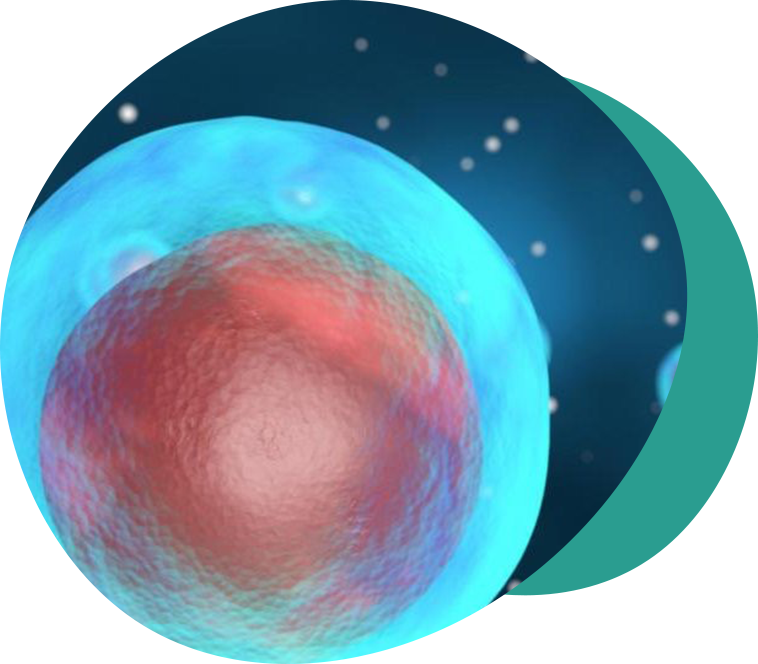Gene Therapy
Gene therapy uses genes to treat diseases instead of drugs or surgery. Using this technique, doctors will insert a healthy copy of the missing gene into a patient’s cells. This one-time procedure enables the body to generate the missing protein and could permanently halt or even reverse the disease in children affected by SPG56.


Drug Repurposing
Our team of internationally renowned genetic researchers at Griffith University and the University of Queensland are currently screening thousands of existing drugs to see if any might be effective for patients with SPG56. The team at Griffith have already used this pathway to find a drug for another form of spastic paraplegia- SPG4- for which a new therapeutic drug is in the first stages of clinical trial translation.
International Registry and Natural History Study
A natural history study collects health information in order to understand how the disease typically develops and to develop methods treat it.
An international registry is a collection of standardised information about a group of patients across the globe with the same condition, in this case SPG56.
Because of the rarity of SPG56, these studies and registries are not yet available for us or other families living with SPG56. It means we don’t really know how quickly the disease will progress, how severely it will attack our children, or how much time we have left.
We can learn more about SPG56 with every patient who joins a registry. If you or your family member have an SPG56 diagnosis and you would like to know more, please email [email protected]


